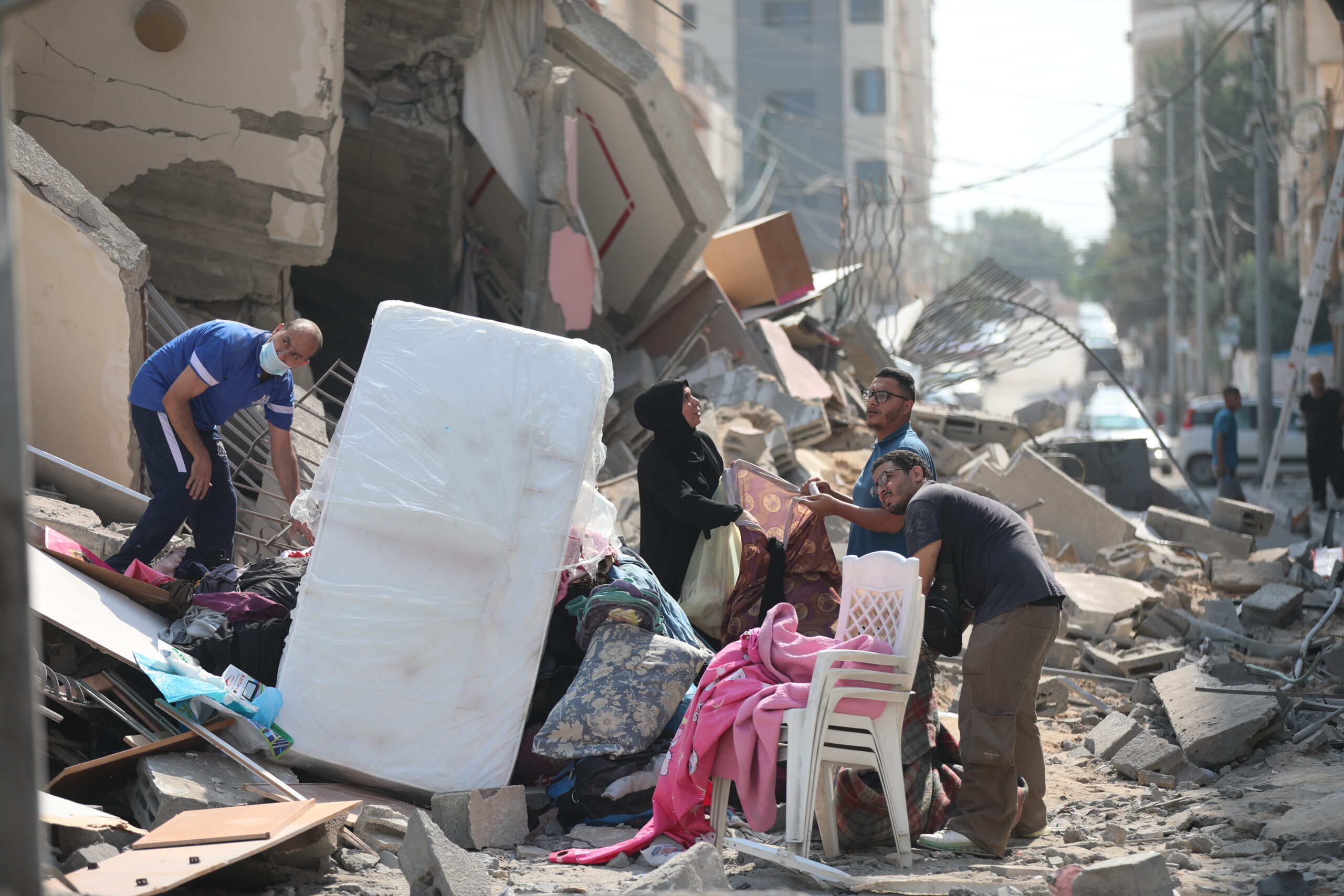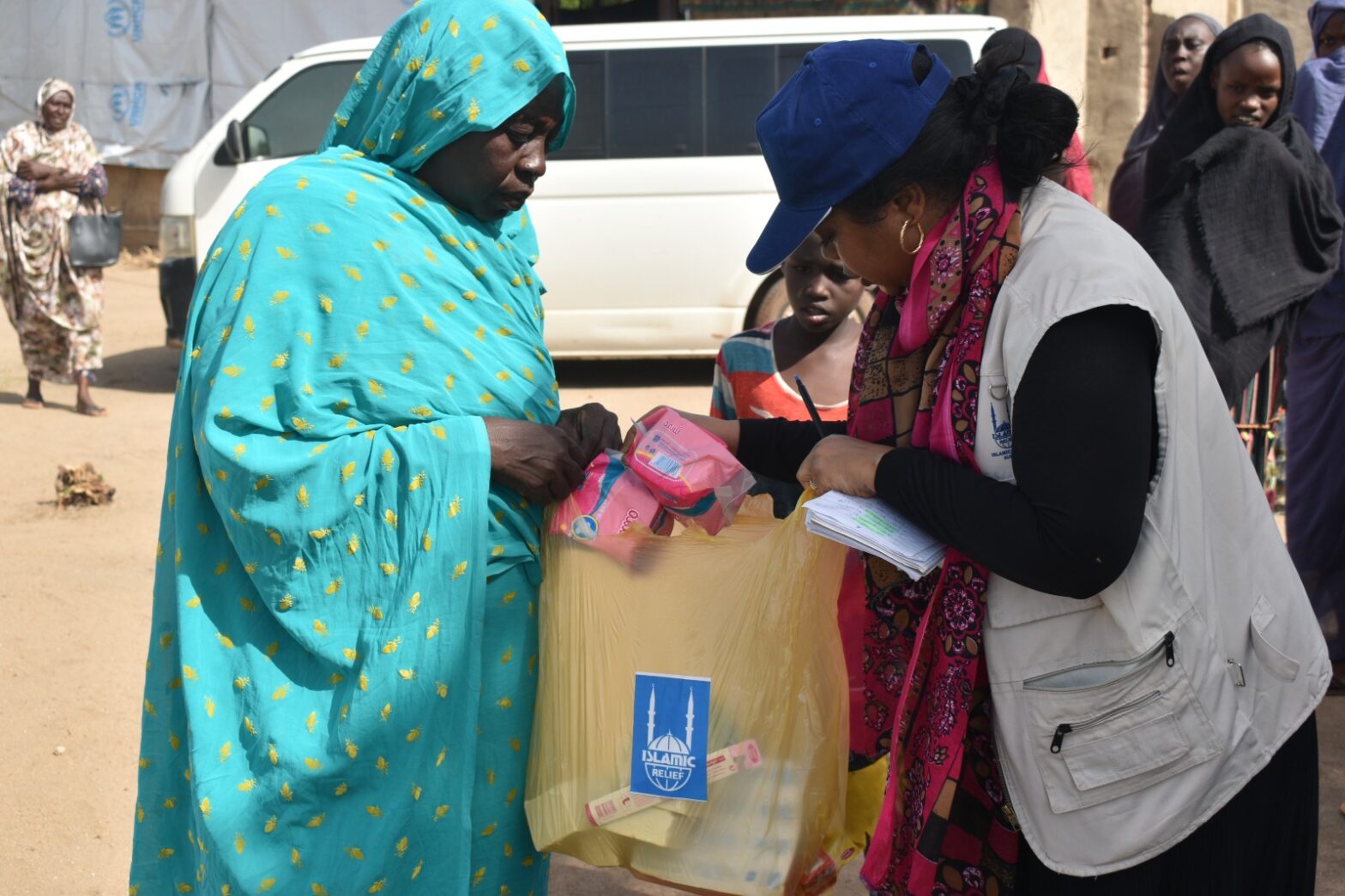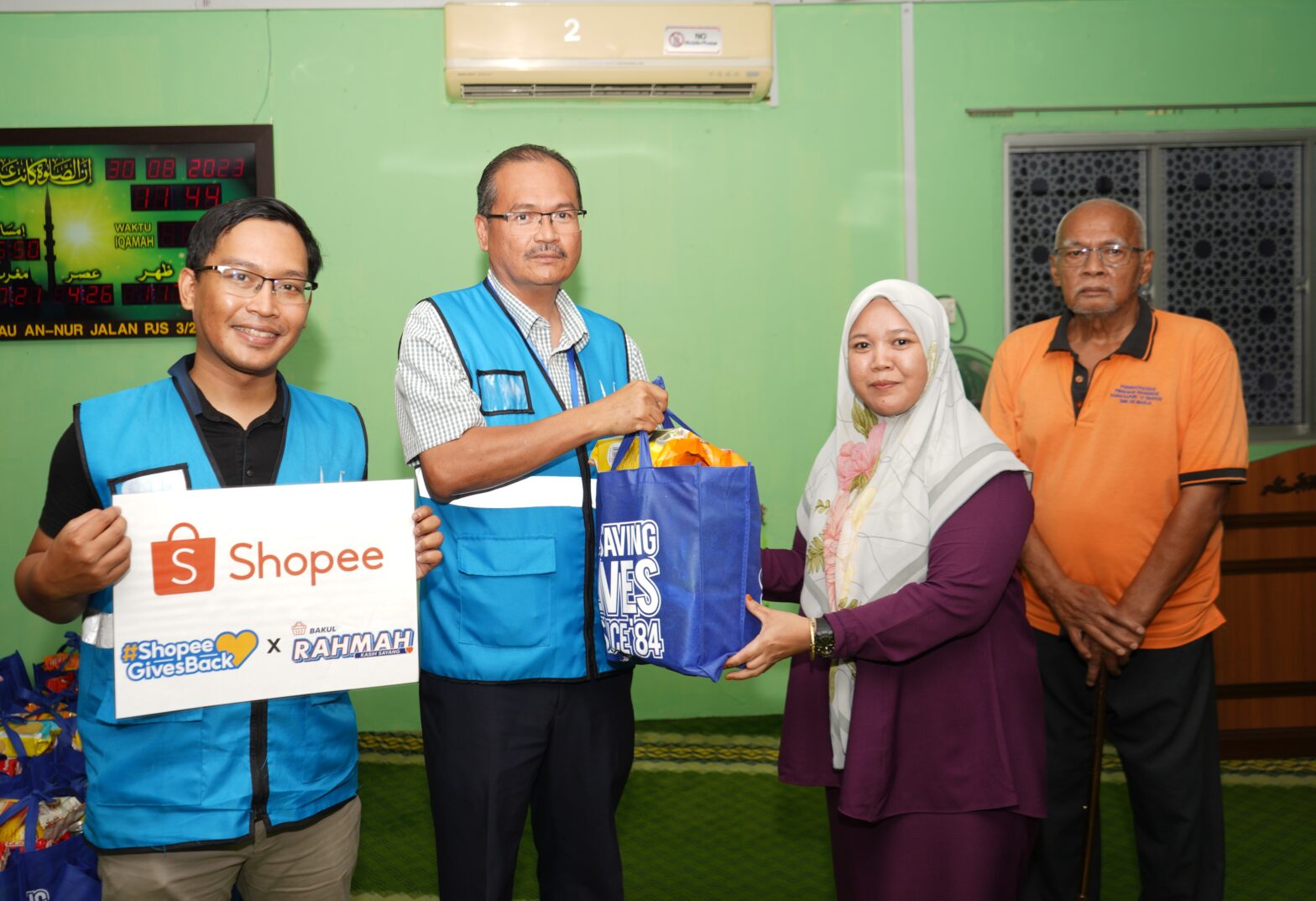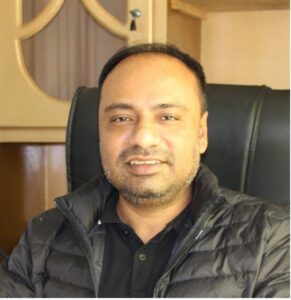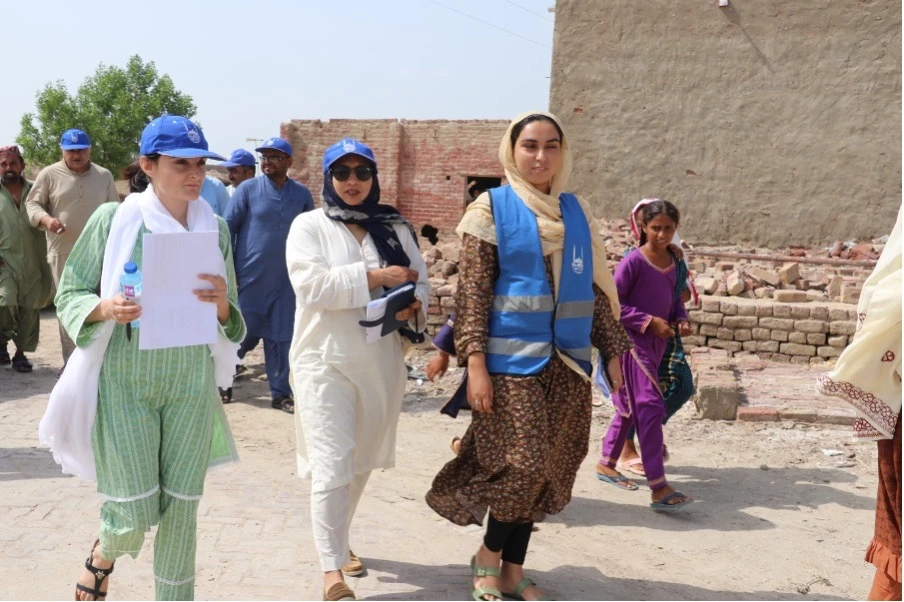“I feel this time we might not be able to survive..”
Amid an unprecedented escalation in the region, there was an announcement on Monday that water and electricity to Gaza were cutting off as part of a ‘total blockade’ of the enclave. Here, an Islamic Relief worker in Gaza describes his experience in the city and what the intensification of the blockade will mean for civilians.
The situation is extremely terrifying. As I write these words, my house is shaking back and forth due to the intense bombing. Today, the mosque near our house was hit and totally destroyed. My kids were playing in the living room and when they heard the loud explosion, they started crying and screaming in fear of the bombs.
As an adult who has lived through tens of escalations, I feel terrified. I feel this time we might not be able to survive.
We have prepared a bag with all our belongings ready in case we need to evacuate. We try to include some of our memories, some belongings with sentimental value… our wedding video, as well as university certificates, our IDs and the kid’s birth certificates. We try to get ready to leave everything behind us.
The situation has intensified in the last couple of hours as downtown Gaza City is being hit. The places where we spent good times, our universities, our workplaces, our favourite restaurants. The airstrikes are destroying everything.
I can’t imagine Gaza after this ends. I can’t imagine the destruction we will see if we survive.
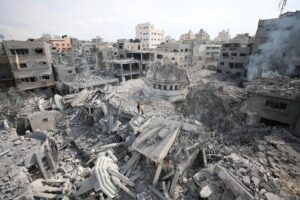
Keeping safe when there is no safe place
The total blockade will affect everything in Gaza. We will no longer have access to the main sources of food, petrol, medical supplies and many other things.
People who have to travel to receive medical attention will not be able to do so and that could be life threatening, especially to people with chronic diseases like cancer and heart problems.
I know of some friends who have travelled to the West Bank and now can’t get back into Gaza, while many expat staff working in international organisations here cannot leave.
For humanitarian workers like us, the main challenge is keeping safe when there is no safe place. Moving from place to place is very dangerous – ambulances and police cars are the only vehicles in the streets when I look out my window. I am sometimes afraid to even look outside.
Humanitarian workers trying to travel to other parts of Gaza to help those in need know it could be a one-way trip. They can only hope they will be able to come back to their families.
Even reaching areas that have been hit is extremely challenging. The main streets are blocked due to rubble from the bombing. Medical supplies and other essentials are not available in the market and officials are facing huge challenges evaluating the damage and collecting the data needed to plan relief efforts. Each step in the process is challenging and full of danger.
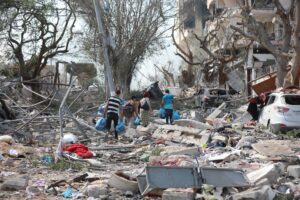 Sheltering in schools
Sheltering in schools
Many people have been left homeless in the bombing. There are hundreds of people coming to seek refuge in schools set up by the United Nations, which have now been assigned as shelters. People are travelling to the schools even from outside Gaza City, especially from the border areas.
I live near one of these schools and I can see the classrooms being filled with mattresses and belongings. These schools are not equipped to become shelters – they have limited space and the increasing number of people arriving could lead to the spread of illness and disease.
I can see people making short trips in the area around the schools, attempting to get some groceries or drinking water. They arrive at the small shops in the neighbourhood but most do not have cash to pay for the items they need as they already depended on daily wages.
As more residential buildings are being hit, more people are needing to seek shelter. Myself, I am thinking of leaving my house to go to my parents, even though I am convinced that no place is safe. I just want to see my mother and be with her.
Please help Islamic Relief to support people in desperate need in Gaza. Donate to our Palestine Appeal now.
*This blog has been anonymised for our colleague’s safety and security.



